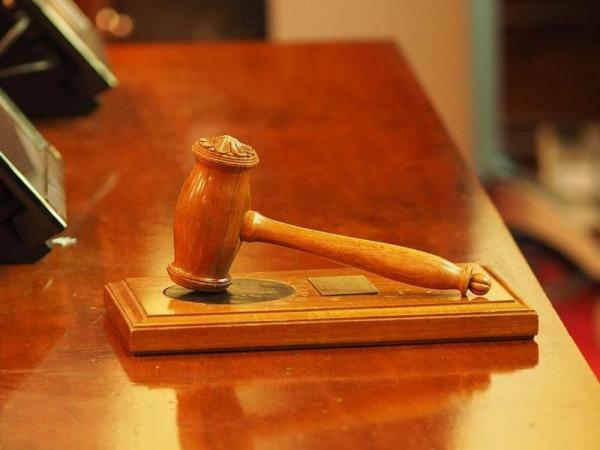At the Petitions Committee meeting on jury service as a constitutional right and current initiatives for change
Deputy Ombudsman Ivan Šelih attended a session of the Commission for Petitions, Human Rights and Equal Opportunities, where they discussed the petition of the President of the Association of Lay Judges of Slovenia, Peter Hartman, regarding the constitutional right of citizens to participate in the exercise of judicial power and the role and powers of lay judges in court proceedings.
He informed the participants of the session, among other things, that the Human Rights Ombudsman of the Republic of Slovenia (Ombudsman) had also considered a few, albeit small, complaints that highlight the role of lay judges from their selection, position, and performance of tasks, including resignations from the position of lay judge. He also took note of the complaints of the Association of Lay Judges from Slovenj Gradec, which it also addressed to the Ministry of Justice at the end of 2024. It contains several proposals for improving the functioning of this institute, including regarding the selection and identification of lay judges, their training, protection, assistance, and appropriate remuneration. The Ombudsman asked the Ministry of Justice how it had responded to the complaints of the association and whether it was planning any systemic changes.
The Ministry explained to the Ombudsman that it had met with representatives of the association and reviewed the proposals and provided explanations. In March 2025, the Justice Committee also adopted a resolution on the formation of a working group that, together with the Ministry of Justice and the Supreme Court of the Republic of Slovenia, will examine the current regulation of jury service and prepare coordinated solutions. The aim of this group is to ensure that the institute of lay judges remains consistent with constitutional provisions and the actual needs of the judicial system. The Ombudsman will continue to monitor the issues raised and, if necessary, take action within the framework of his powers, said Deputy Ombudsman Šelih.
He added that ensuring transparency in the exercise of judicial power is essential, as this is already required by the Constitution of the Republic of Slovenia in Article 128, and can also contribute to greater transparency in the functioning of the judiciary, its authority, and trust in its work.













 Back
Back 






